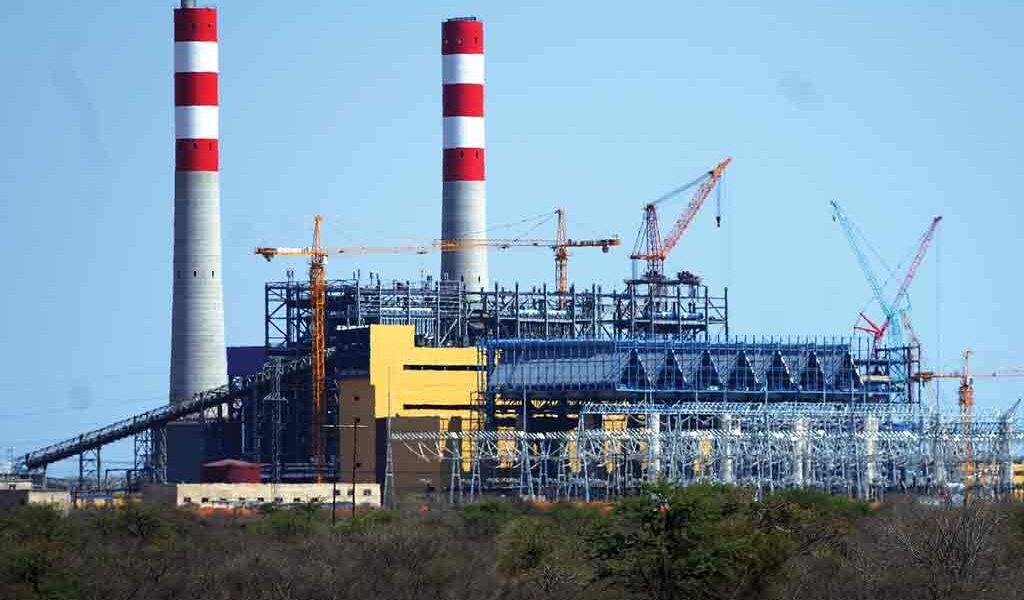Botswana regrets signing the Paris Agreement on Climate change?
Gazette Reporter
The Minister of Green Technology, Minerals and Energy Eric Molale’s announcement that government intends to spend close to P8 billion on the expansion of Morupule B coal power plant is in contradiction with the Paris Agreement to which Botswana is a signatory.
The Paris Agreement is an international accord within the United Nations Framework Convention on Climate Change, dealing with greenhouse-gas-emissions mitigation, adaptation, and finance, starting in the year 2020.
Botswana agreed to contribute to stop global warming, at “well below” 2 degrees C under the Paris Agreement, and to try to limit it to just 1.5C in 2015. Government’s public statements on Morupule B suggest that the country is secretly bowing ignoring key components of the agreement secretly as greater focus is being given to generating more electricity through coal and not renewable energy.
Botswana government’s failure to enact the climate change policy since appending a signature to the Paris Agreement in 2015 could come at a heavy cost and backlash from the international community.
Botswana joined the international community to sign the Paris Agreement in 2015 which for the first time commits all countries to combat climate change. Internationally, and on paper the government of Botswana appears to be doing a lot to mitigate climate change but locally very little is being achieved. Botswana appended her signature on three international treaties meant to protect the planet against global warming being the Kyoto Protocol, United Nations Framework Convention on Climate Change and the latest Paris Agreement.
The treaties all call for the phasing out on the use of resources that pollute the atmosphere with carbon emissions such coal, in order to protect the planet which is experiencing increasing catastrophes due to floods, extreme droughts, and heat waves which scientists attribute to in the main part to emissions of carbon dioxide due to coal and other fossil fuels.
The United Nation’s scientific body, Intergovernmental Panel on Climate Change (IPCC) has also made clarion calls on governments of the world to end coal power generation by 2050 to limit global warming rises to 1.5 degrees Celsius.
The World Bank as a policy consideration will no longer fund coal projects in an effort to mitigate climate changes. When asked by journalists upon his return from Katowice, Poland where he attended the COP 24 climate summit, President Mokgweetsi Eric Masisi said his government will put in place a law of some sort on climate change though he did not specify when this will be done.
A reliable source from the Ministry of Green Technology Minerals and Energy has said Botswana government has a long-term plan to use her coal resources to generate electricity and provide electricity for many areas in the country that are still without power.
Speaking to The Botswana Gazette recently the source who preferred anonymity said Botswana has 250 billion tons of coal reserves adding that this can generate power for more than 50 years and contribute immensely towards the country’s economic growth. He said Botswana intends to export some of the coal as there is a huge market for such in India, South Africa and China.
According to climate change scientists, Coal is the single biggest contributor to anthropogenic climate change. The burning of coal is responsible for 46% of carbon dioxide emissions worldwide and accounts for 72% of total greenhouse gas (GHG) emissions from the electricity sector. Building more coal fired plants would put the world on a path towards catastrophic climate change, causing global temperatures to rise by over five degrees Celsius by 2100. This will have dire impacts for all life on earth.

